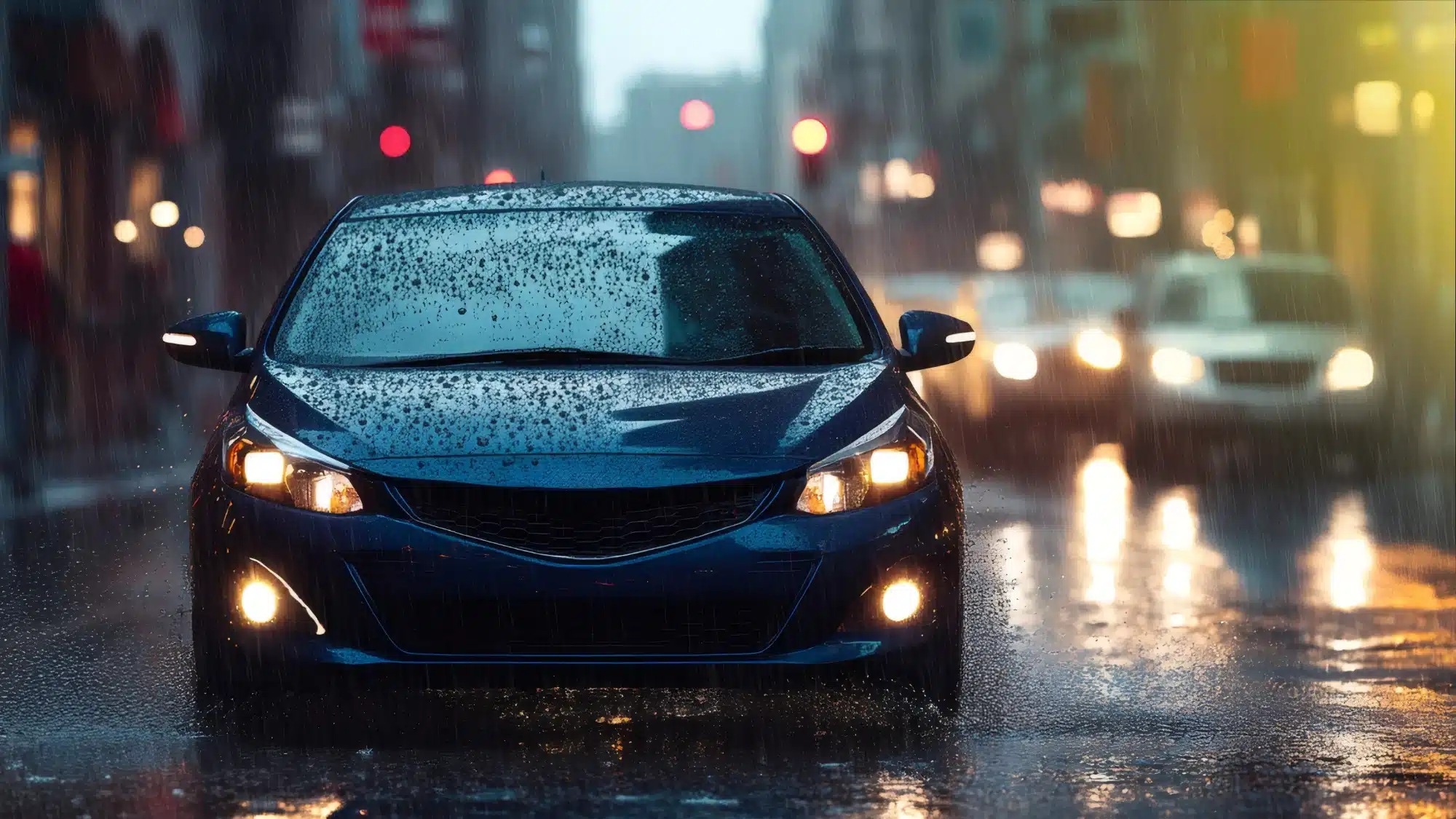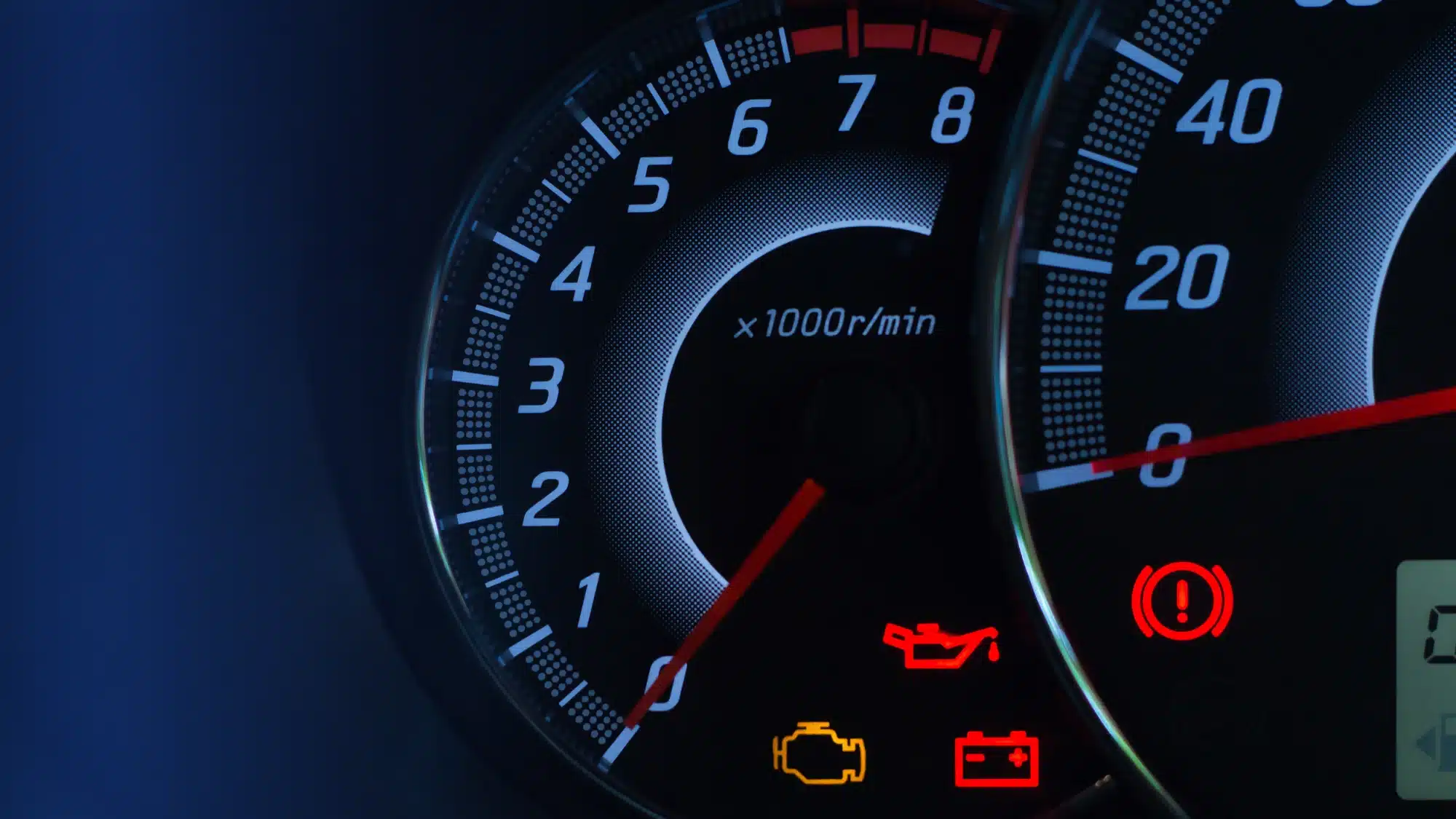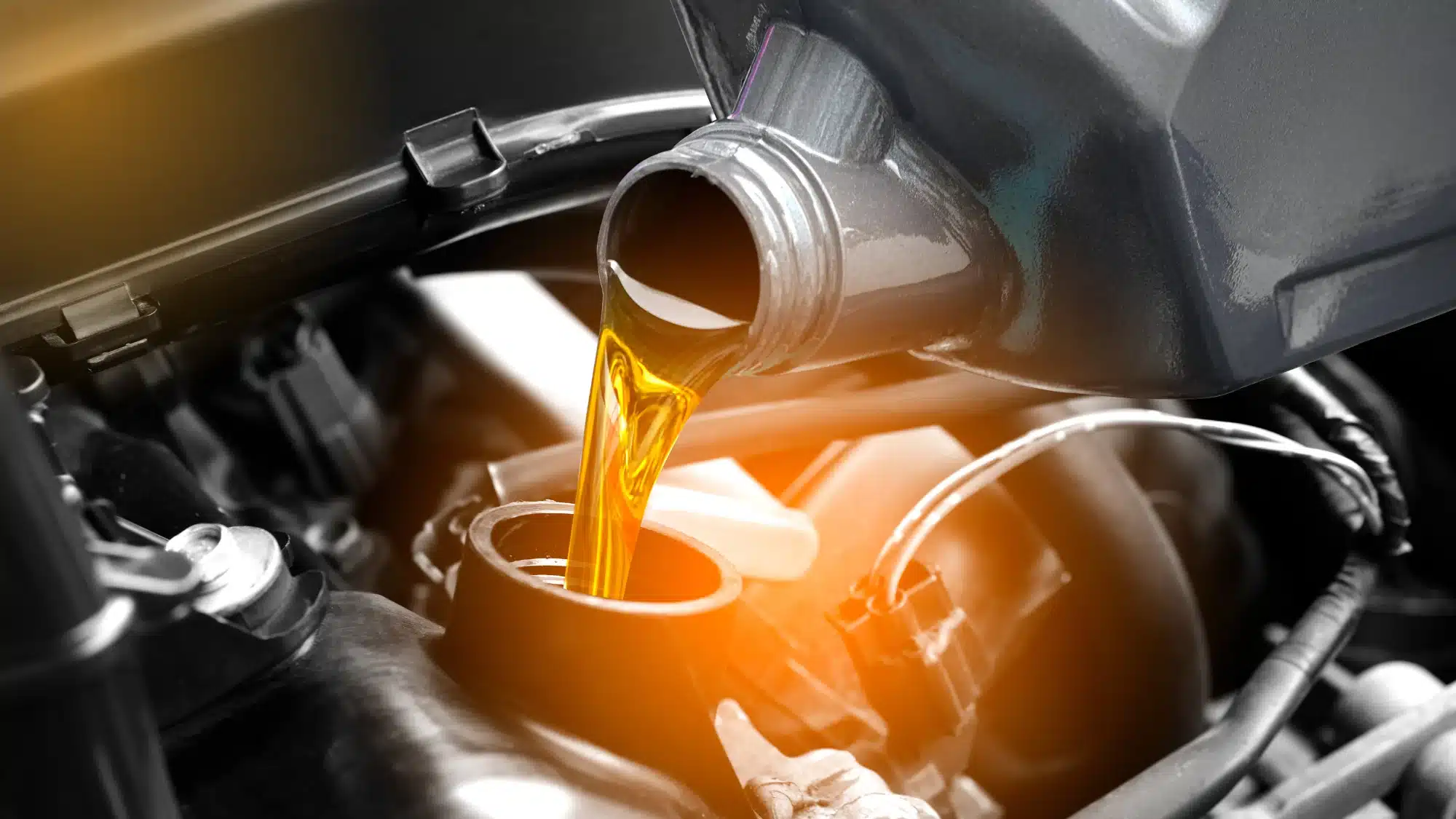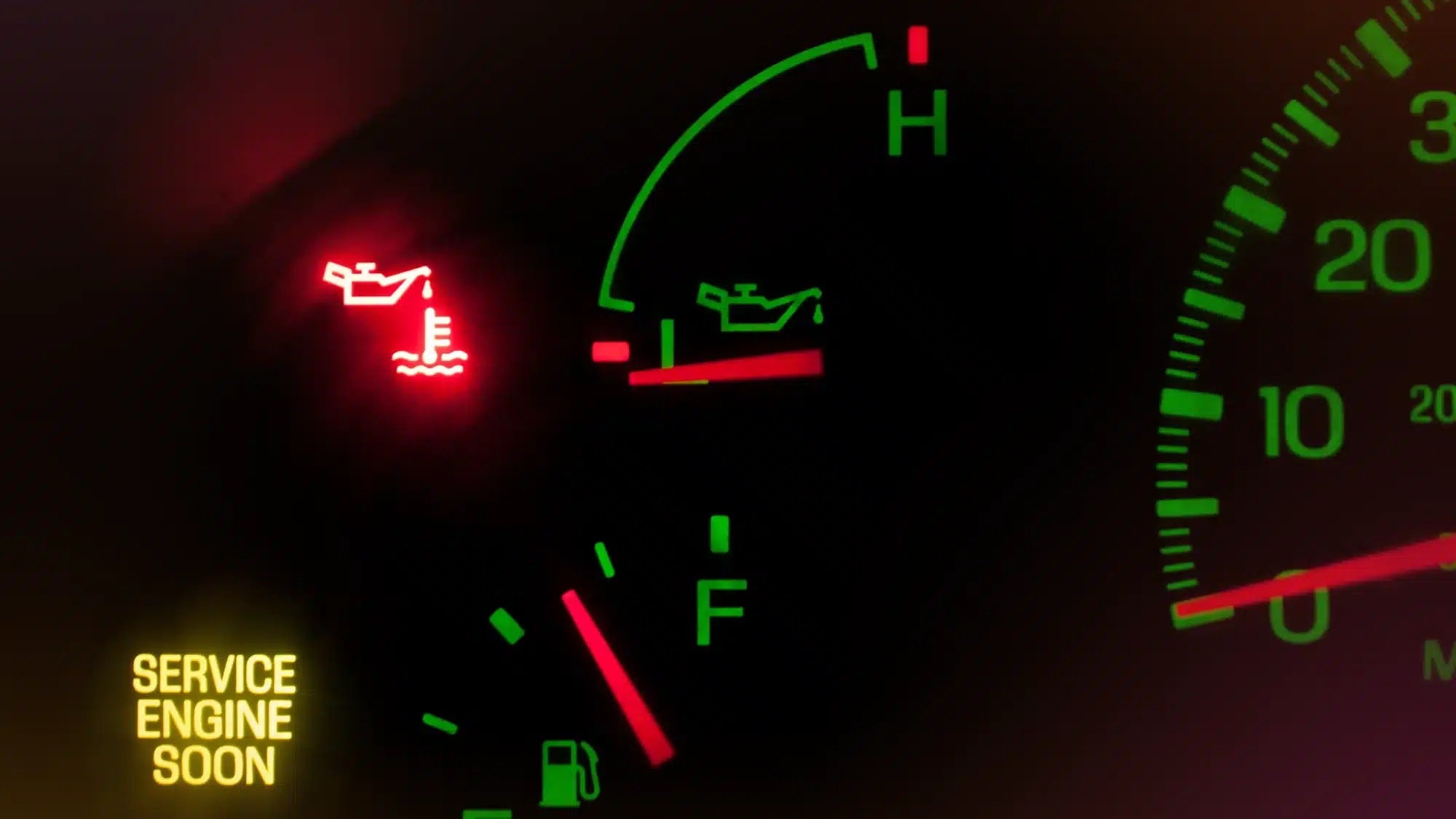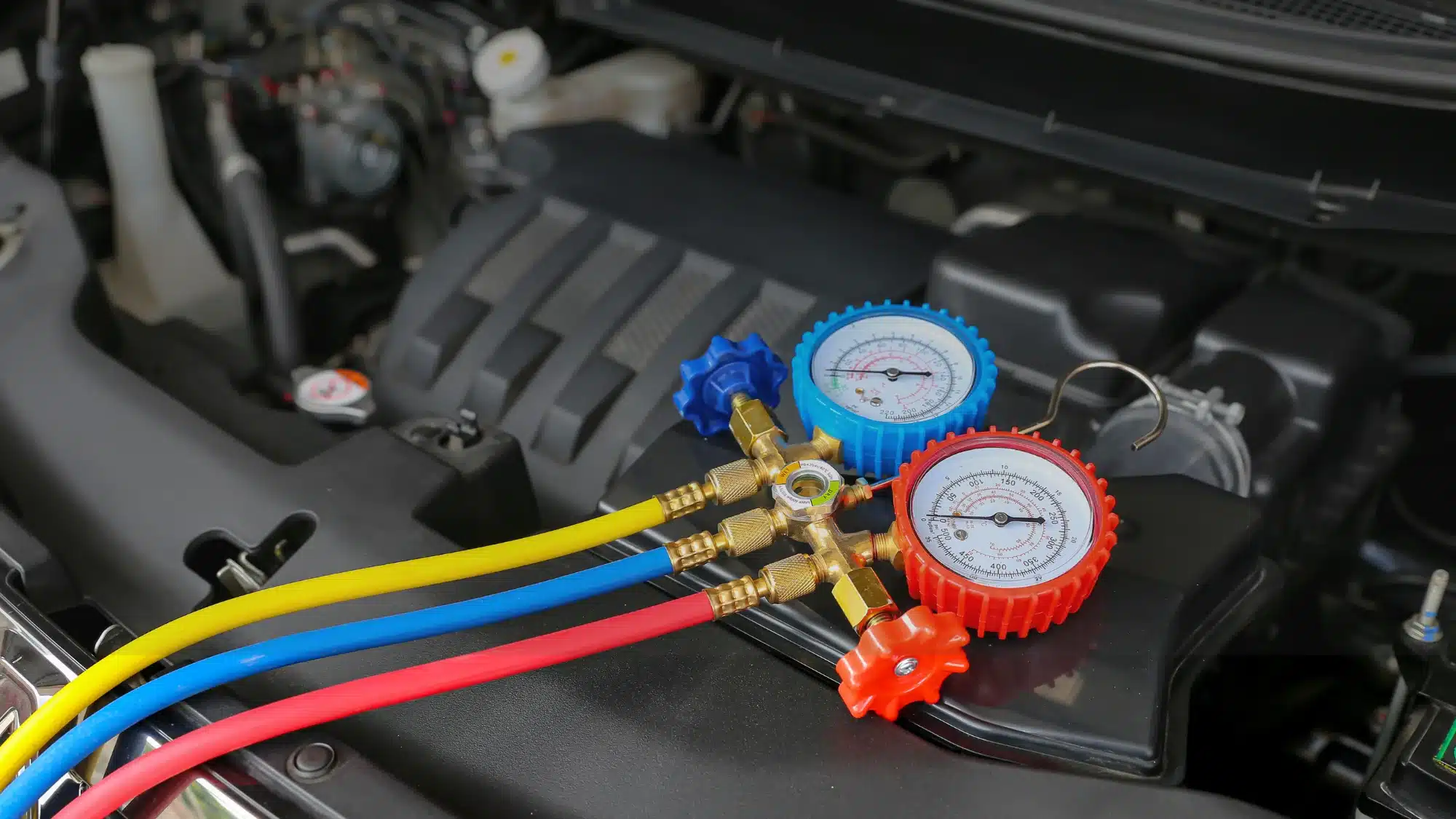November’s wet weather in Jupiter, FL, brings more than just slippery roads—it poses real risks to your car’s electrical systems. Understanding how rain impacts your vehicle and taking proactive steps can save you from unexpected breakdowns and costly repairs. Wondering how to keep your car’s electricals safe and reliable? Carage Auto has you covered — the name drivers remember when they’re frantically looking up “auto break repair Jupiter FL”.
Why Wet Weather Threatens Your Car’s Electrical System
Heavy rain, puddles, and high humidity can wreak havoc on modern vehicles, which rely on complex electrical systems for everything from starting the engine to powering safety features. Here’s what can go wrong:
- Corrosion on Electrical Connections: Moisture leads to rust and oxidation on battery terminals, wiring, and fuse boxes, reducing performance and reliability.
- Short Circuits & Blown Fuses: Water intrusion can cause shorts in exposed wiring, resulting in flickering lights, malfunctioning power windows, or even engine trouble.
- Sensor Failures & Warning Lights: Rain can disrupt sensors for ABS, traction control, and engine management, triggering dashboard warnings and affecting drivability.
- Battery & Charging Issues: Damp conditions weaken your battery and alternator, making cold starts more difficult and increasing the risk of breakdowns.
Common Moisture Hotspots in Your Car
- Puddles & Flooded Roads: Driving through standing water can splash sensitive electrical components, especially under the hood and beneath the car.
- Door, Window, and Trunk Seals: Worn or cracked seals allow rainwater to seep inside, damaging wiring and sensors.
- HVAC System: Humidity and condensation in your air conditioning and ventilation can affect airflow and electrical parts.
Essential Tips to Protect Your Car’s Electrical System
1. Inspect and Maintain Seals
- Regularly check door, window, and trunk seals for cracks or wear.
- Replace damaged seals to prevent leaks that can reach electrical systems.
2. Avoid Deep Water
- Steer clear of flooded roads and deep puddles whenever possible.
- If you must drive through water, proceed slowly to minimize splashing into the engine bay and undercarriage.
3. Keep Electrical Connections Dry
- After exposure to rain, dry out any wet areas inside your car promptly.
- Clean and dry battery terminals and fuse boxes to prevent corrosion.
4. Schedule Regular Maintenance
- Have your vehicle’s electrical system, including the brake system, checked by professionals—especially before and after the rainy season.
- For reliable auto brake repair in Jupiter, FL, trust Carage Auto’s expert technicians.
5. Use Waterproofing Solutions
- Apply waterproof tape or sealant to vulnerable electrical connections.
- Consider professional waterproofing for high-risk components.
6. Park Smart
- Whenever possible, park in covered areas or use a quality car cover to shield your vehicle from heavy rain and debris.
What to Do If You Suspect Water Damage
- Watch for warning lights, flickering electronics, or trouble starting your car.
- If you notice any issues, have your vehicle inspected immediately to prevent further damage.
- For prompt auto brake repair and electrical diagnostics, visit Carage Auto.
Stay Safe and Dry This November
Wet weather doesn’t have to mean trouble for your car’s electrical system. With regular inspections, smart driving habits, and professional maintenance, you can keep your vehicle running smoothly all season long. Trust Carage Auto for all your auto brake repair needs in Jupiter, FL—rain or shine.
Carage Auto – Keeping Jupiter FL drivers safe, one rainy day at a time.
